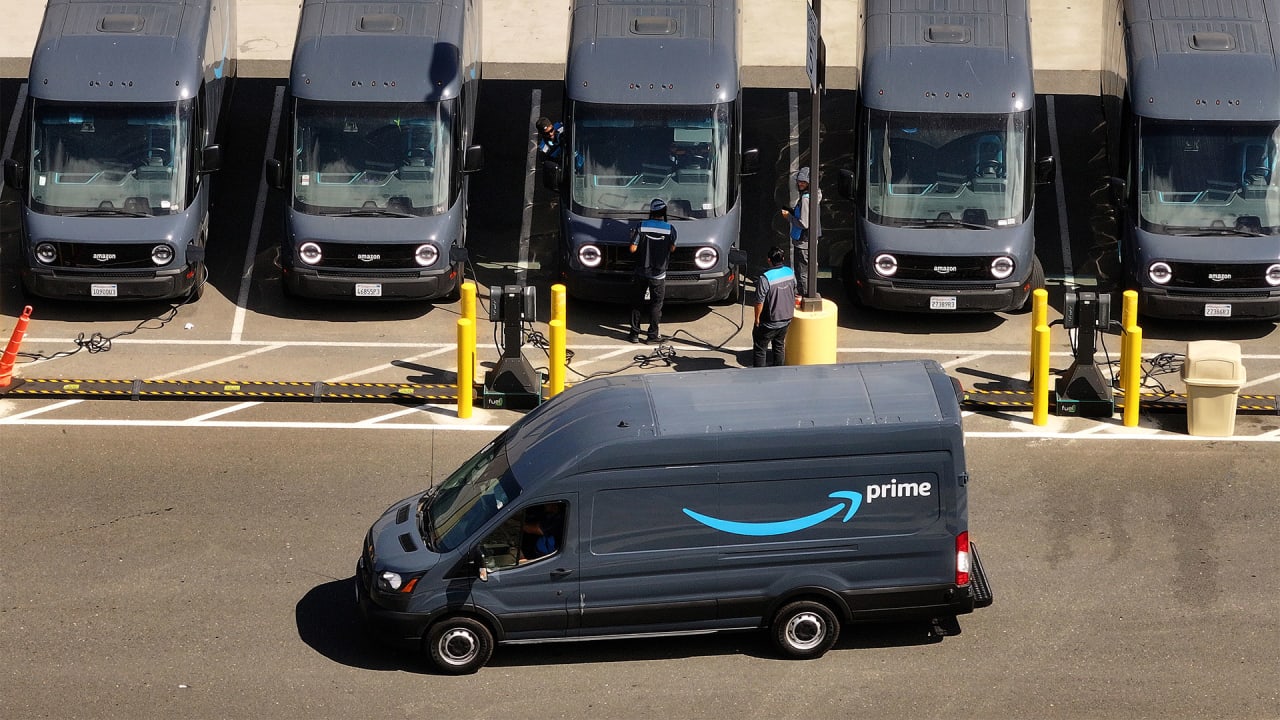AI-First Startups: The new playbook for productivity and growth
AI is giving startups a unique edge to build agile, productive workplaces. The key isn’t just using AI—but transforming how work is done.


In today’s hyper-competitive environment, startups must do more with less—move fast, stay agile, and scale efficiently—all while operating with lean resources. The answer to this challenge? AI-driven workplaces that combine automation, intelligence, and collaboration to unlock new levels of productivity.
The rise of artificial intelligence (AI) is reshaping the way startups operate, offering them an unprecedented opportunity to build workplaces that are both highly flexible and incredibly productive. Unlike larger enterprises weighed down by legacy systems, startups have the agility to adopt AI-first strategies, enabling them to scale smarter, enhance collaboration, and make faster, data-driven decisions. However, the challenge isn’t just about integrating AI tools; it’s about leveraging AI in a way that truly transforms work rather than merely automating existing processes.
The appetite for AI adoption is evident. According to a NASSCOM report, India’s AI market is expected to grow at a 25-35% CAGR by 2027. Yet, despite this recognition, startups often lag behind larger corporations in AI adoption, primarily due to challenges in identifying the right AI solutions for their unique needs. The key to unlocking AI’s full potential lies in understanding its diverse applications and integrating it strategically across business functions.
But how, and where, do you start?
Moving beyond automation: AI as a strategic enabler
For many, AI has long been associated with automation—streamlining workflows, reducing manual effort, and optimizing repetitive tasks. But today’s AI, particularly AI agents, is far more advanced. These intelligent systems don’t just execute commands; they proactively augment human intelligence, anticipate challenges, and provide real-time actionable insights to drive decision-making.
Imagine an AI-powered teammate that understands your workflow, prioritizes tasks, and dynamically adapts to your working style. AI agents can coordinate cross-functional projects, analyze vast datasets in real-time, and suggest the best course of action based on evolving business conditions. From automating customer interactions with natural language processing to using machine learning for predictive analytics, AI is transforming from a back-end efficiency tool into an active collaborator shaping how work gets done.
The AI-enhanced hybrid workforce
The modern workforce is increasingly hybrid, demanding greater flexibility, connectivity, and collaboration. AI plays a critical role in ensuring that remote and in-office teams remain aligned, engaged, and productive.
The majority of business leaders recognise this shift. A survey indicated that most executives (94%) feel the urgency to incorporate AI into their organisations. Investing in the right AI-powered workplace tools can help a business connect and collaborate with employees.
Optimising AI with cost-effective, human-centric strategies
Investing in AI technology should be both strategic and cost-effective, ensuring measurable impact. While AI has the potential to boost your revenue through enhanced customer service, decreased operational expenses, and improved decision-making, the key lies in selecting the right tools and platforms tailored to your specific needs. A well-thought-out approach ensures that AI not only drives efficiency but also delivers sustainable value.
Beyond cost considerations, AI implementation must also prioritise ethics, transparency, and accountability. The future of AI-powered workplaces depends on a human-centric approach that ensures AI remains a trusted partner in business growth. Establishing trust with employees, customers, and stakeholders is key—and that trust is built on ethical AI deployment, data integrity, and responsible innovation.
The AI revolution isn’t just about keeping up—it’s about staying ahead. For startups, the ability to harness AI effectively can be the difference between incremental progress and exponential growth. By embracing AI as a strategic enabler rather than just an automation tool, businesses can unlock new levels of efficiency, collaboration, and innovation. The key lies in striking the right balance—leveraging AI to enhance human capabilities while maintaining trust, transparency, and adaptability. In a world where agility is everything, startups that embed AI into their DNA will not only survive but thrive.
(Rahul Sharma is the VP, Sales, Salesforce)
(Disclaimer: The views and opinions expressed in this article are those of the author and do not necessarily reflect the views of YourStory.)














![31 Top Social Media Platforms in 2025 [+ Marketing Tips]](https://static.semrush.com/blog/uploads/media/0b/40/0b40fe7015c46ea017490203e239364a/most-popular-social-media-platforms.svg)








































![[Weekly funding roundup April 12-18] VC inflow declines to 2nd lowest level for the year](https://images.yourstory.com/cs/2/220356402d6d11e9aa979329348d4c3e/WeeklyFundingRoundupNewLogo1-1739546168054.jpg)

































































































































![How to Find Low-Competition Keywords with Semrush [Super Easy]](https://static.semrush.com/blog/uploads/media/73/62/7362f16fb9e460b6d58ccc09b4a048b6/how-to-find-low-competition-keywords-sm.png)
